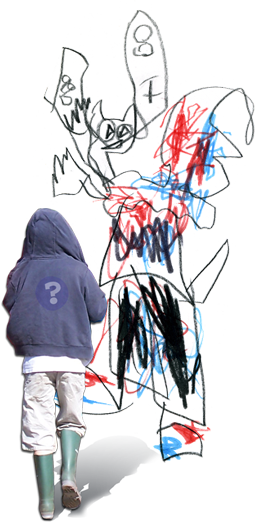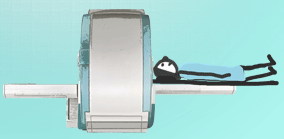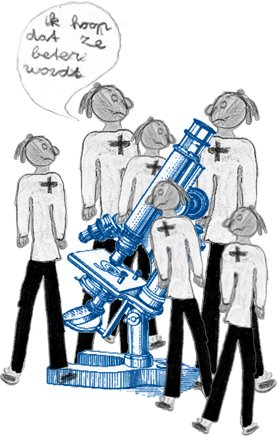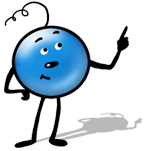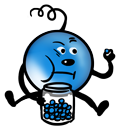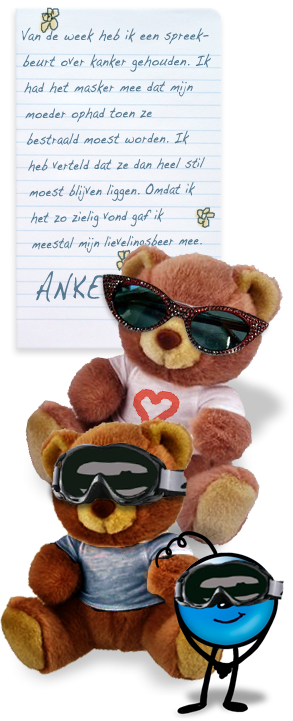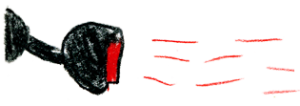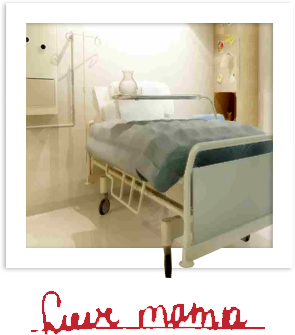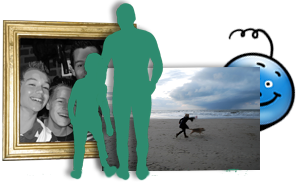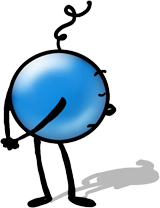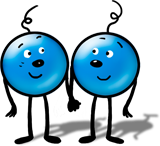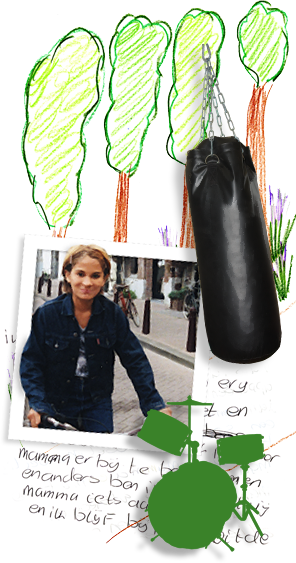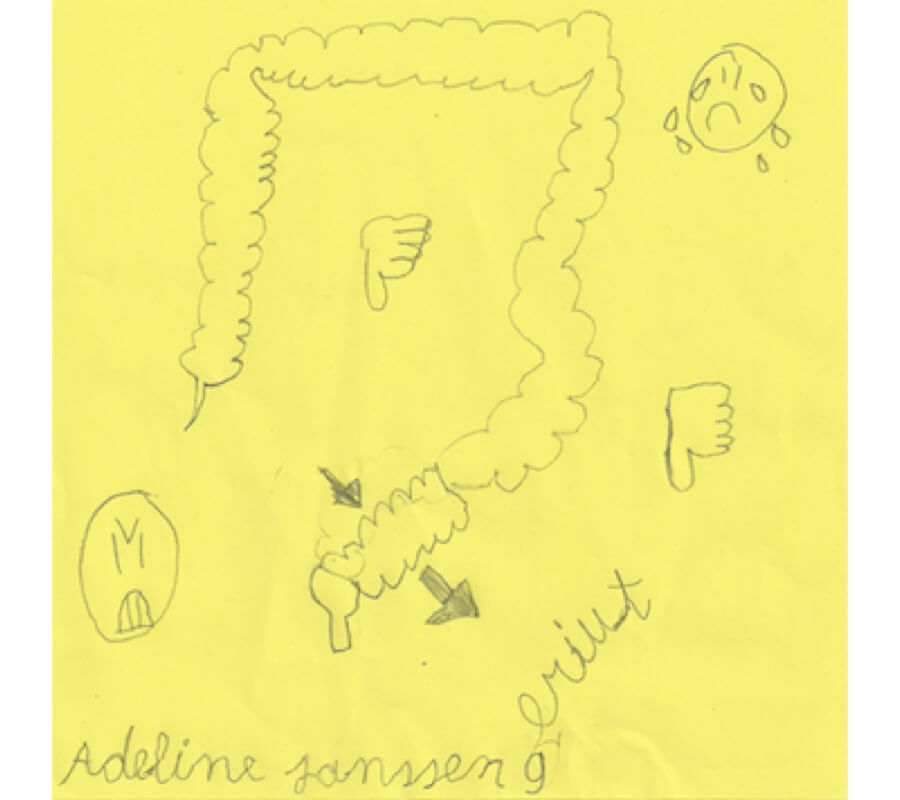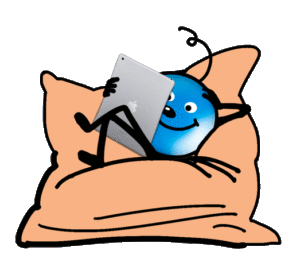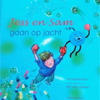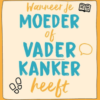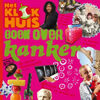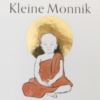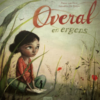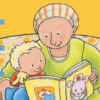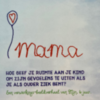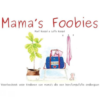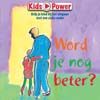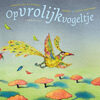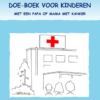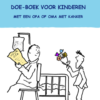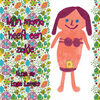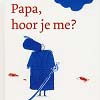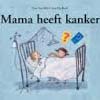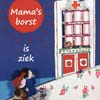What is cancer?
Many many questions
Jane: “Sometimes I think: why does it have to be my mother?” Nobody can answer this question. Getting cancer is just bad luck, sheer bad luck.
Some people die from cancer, but there are also people who get better. Don´t forget that there are a lot of different sorts of cancer and that often something can be done about it. Would you like to know how cancer is treated? Have a look at operations, radiotherapy, or chemotherapy.
There are more than a 100 different sorts of cancer. Every sort has its own name. There is breast cancer, bowel cancer, lung cancer, skin cancer, a brain tumor, blood cancer (leukaemia), and so on.
A tumour is another word for cancer. It is a clump of sick cells. Some people talk about a lump or a swelling. Beware: not every lump or swelling is cancer. Some lumps or swellings are harmless. When we talk about cancer, we mean a malignant (that is, ill) cells.
Cancer has existed for a long time. Two and a half thousand years ago they already tried to find out about the disease and in Egypt when they did excavations, they found mummies of people who had died of cancer. Cancer is really a very old illness.
Sick cells can wander throughout the body. On the spot where the cancer cells end up, a new tumour can grow. That is what we call metastasis or when the cancer spreads.
Cancer can run in the family and we know now that a few sorts can be hereditary. It can happen, but it doesn’t have to. And what´s more, if the cancer is hereditary, it still does not mean that you will get it later too. You can decide yourself whether you’d like to be tested for it– when you are older.
No, there are no means yet to prevent cancer. But you can try to keep the chance as small as possible by living as healthily as possible. By applying plenty of sunscreen, getting a vaccination against the HPV virus and not smoking or vaping, for example. And of course by eating fruit and vegetables every day and exercising a lot.
Cancer is NOT contagious. So you can just shake hands or give mother or father a kiss. And oh yes, also tell your friends because they sometimes also think that cancer is contagious.
Yoran: “My father has lung cancer and every time he had to cough I was afraid that I would get it too. Fortunately, I recently heard that that is not possible at all. The doctor thought it was a good thing that I had asked that question!”
Yes, but children don´t get cancer as often as, for instance, grandfathers, grandmothers, fathers and mothers. If you stand 1000 people who have cancer in a line, then 994 of them are grown-ups and only 6 are children.
Yes, animals can also get cancer. Just like the human body, an animal´s body is made up of cells. These cells can also get ill and divide really fast.
Maybe you can do a chore, unload the dishwasher, set the table or clean up your room yourself. Drawing a picture or writing a poem also helps, of course. Or just give your father or mother a hug.
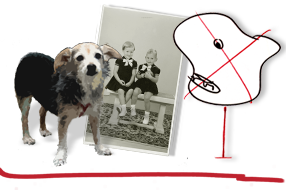
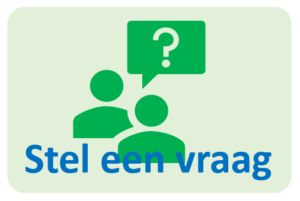
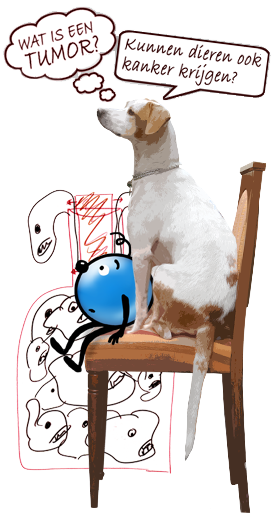
Tests
Treatment
Changes
What does it do to you?
Letteke: “I often have stomach ache and am often awake for a long time. My mother says it’s because I’m scared.”
Pim: “Sometimes I don’t want to go to school. Then I’m afraid that something will happen at home, that my father will become even sicker, for example, and that I won’t be there.”
Yannick: “I’m afraid my mother is going to die.”
Sarah: “I sometimes dream that I walk through the house alone and can no longer find mom and dad. Then I wake up crying.”
Tim: “I understand it, but I hate that I always have to be calm.”
Bas: “Yesterday I punched someone. They called me a cancer kid. I had had it completely.”
Ella: “Sometimes I’m just angry with my sister. But of course he can’t do anything about it.”
Jurriaan: “When daddy had to cry, I had to cry too.”
Sarah: “I am sad quite often, but I don’t want my mother to see that. She already has enough on her mind. When I cry, I do it with a friend.”
Leon: “Crying is something for girls… I usually just play football. That helps.”
Netteke: “She used to always dance around the room and sing crazy songs. Now she can’t do anything anymore.”
School
What helps?

Talk about cancer
The future
Fortunately, many fathers and mothers get better again. The cancer stays away and the unpleasant time of hospital, treatments and being sad is over.
Some parents have been changed by the cancer and the treatments. They are missing a breast, have a scar or a stoma. Others have to do exercises every day to get stronger again. Sometimes you don’t notice anything on the outside, but they still think about it often. Then they go for a walk, cycle, draw, play sports or do odd jobs in the garden. Or they go and talk to someone. Because that helps. But of course you know that too!
Of course, your father or mother still has to go to the hospital every now and then to make sure everything continues to go well. But that too diminishes after a while. The cancer becomes a memory. Maybe you’ll think about it again later, maybe you won’t. That’s all good.
If it is not possible to get rid of the cancer, there are often medications that ensure that the cancer cells remain silent for a while. And when those medicines no longer work, there are sometimes new medicines available. So the cancer cells may remain there, but not grow or change. This means your father or mother can live for a very long time!
The cancer cells must of course be closely monitored. So your father or mother will often have to go to the hospital. And maybe your father or mother is no longer in great shape. Being tired and sad is also part of it because it is quite strange to know that those cancer cells do not go away.
When your father or mother dies
Sometimes a person is so sick that the doctor thinks he or she will die soon. You will feel angry, sad and scared. You may have all kinds of questions, such as when your father or mother will die and how that will happen. Talk about it with your parents or the doctor.
It’s nice to keep doing things. Read a story, bake muffins, make a smoothie, maybe make a video as a memory.
If your father or mother is in severe pain and is confused or scared, the doctor can give medication to ensure that your father or mother no longer feels anything and goes to sleep. If you want to say something or give a hug, do so before the doctor gives these medications. It may take a few days for your father or mother to die.
A dying person sleeps more and more and needs less and less food and drink. Maybe you want to crawl into bed with your father or mother, or you want to say or write something. Or maybe you hope it will be over soon. It's not strange if you think this. It's just hard when someone you love dies.
Some fathers or mothers are so ill that they no longer want to continue living. They ask the doctor to help them die. That's called euthanasia. Maybe you don't understand it, but really, your father or mother loves you very much. And yet it doesn't work anymore. Give one last hug or kiss. The doctor first gives a medicine that causes your parent to fall deeply asleep. Then a medicine that causes the heart to stop beating.
After father or mother dies, there will be a funeral or cremation. Maybe you want to write something or paint the coffin and your friends come to say goodbye. Maybe you want to make music or sing. Maybe you don't want these kinds of things. That's totally okay. And then you have to continue without your father or mother. It may take a long time before you notice that you are doing better again.

